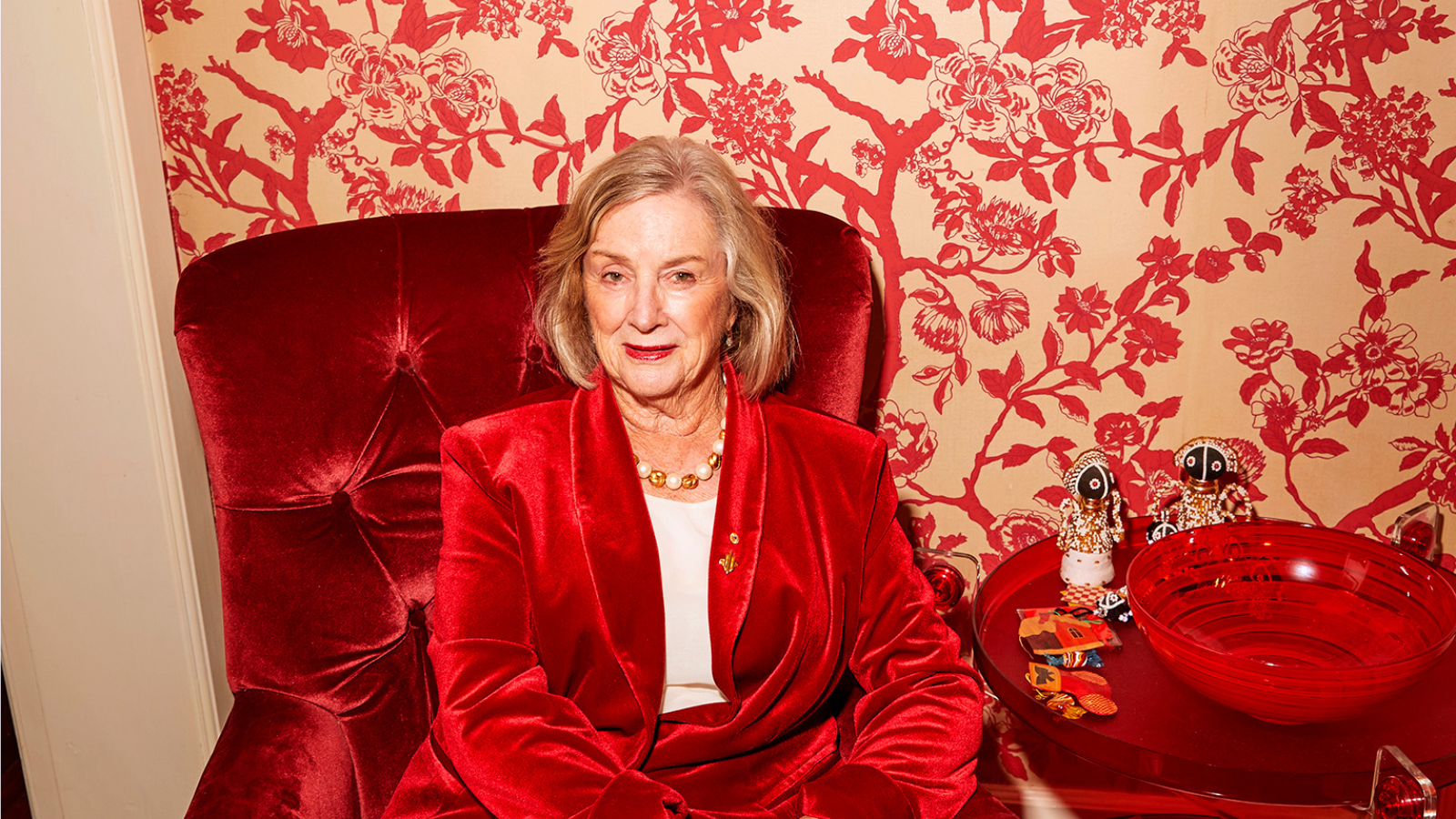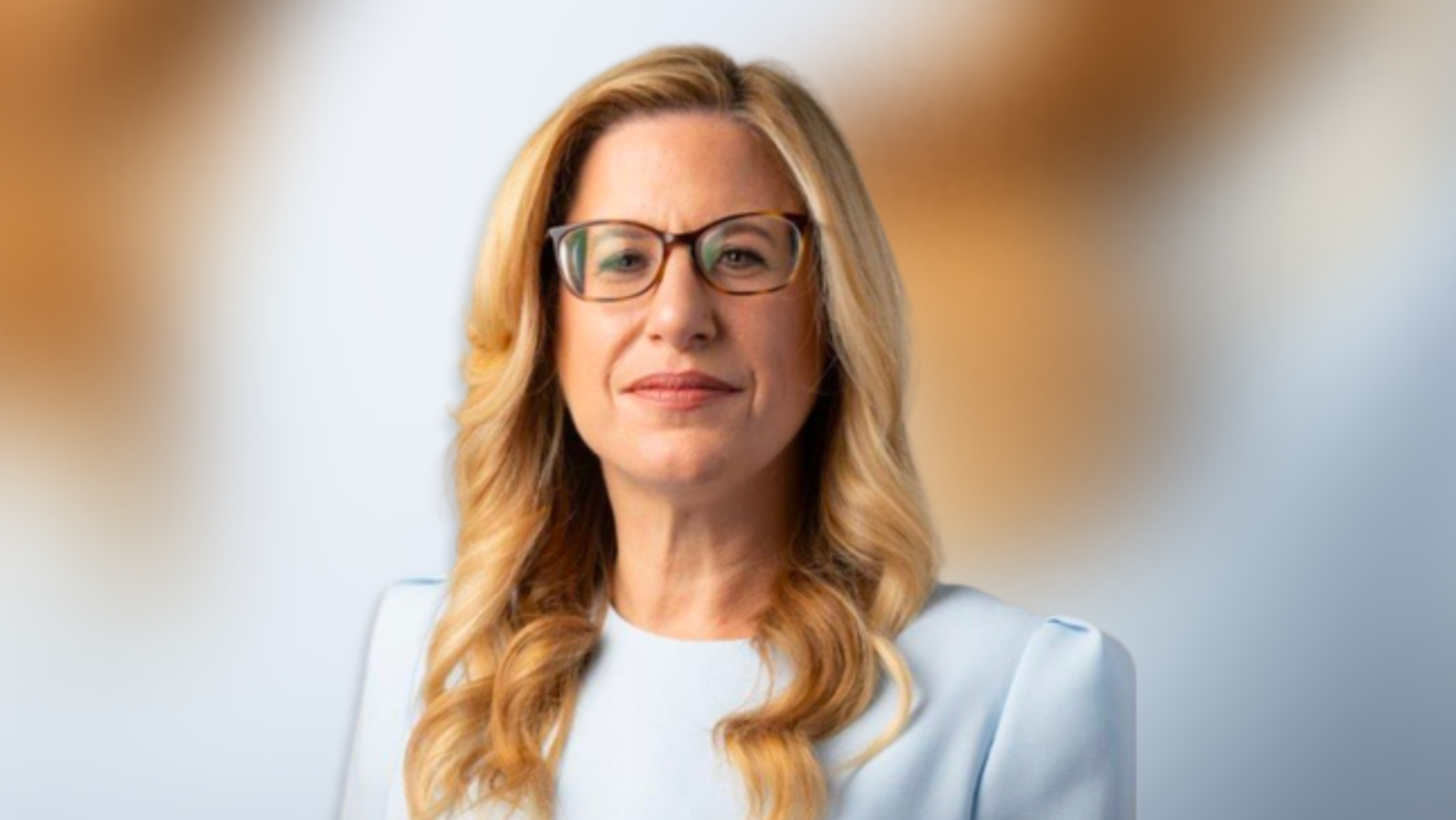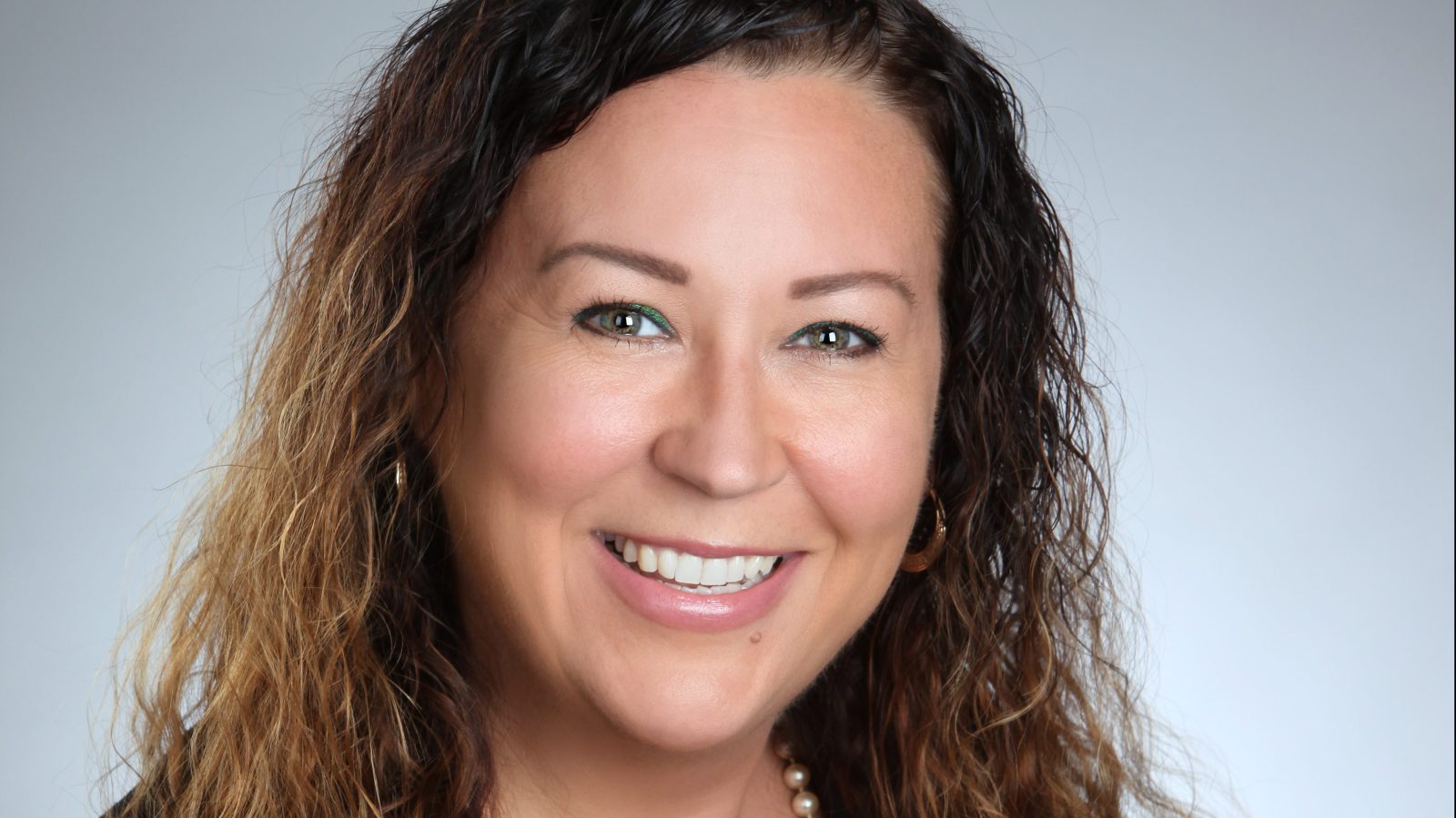Businesswoman, activist and author, Wendy McCarthy AO reveals the best wealth advice she ever received.

Discussions about money were considered vulgar in my family and certainly not appropriate topics for women and girls. My father listened to wool market prices over the radio at lunch. We knew when prices were high, the good times rolled. Perhaps not the best lesson, but it did remind us even as children that money and good times were connected.
But that was the 1950s and the thinking was transactional. Money in… money out.
In our family, cash was a scarce commodity. Generally, women were reliant on men to provide a weekly allowance to cover household expenses. Clever housewives saved a little bit in a discreet place for a rainy day. Mortgages and loans were men’s business. My mother and her friends knew little about the financial status of the farms they lived on and were frequently shocked when rural loans were recalled, and they had to leave their properties.
These were powerful lessons for their children.
I was financially illiterate when I left school at 16 to attend university, but I had a well-paid scholarship with a living allowance and knew I had to survive on that or find work. There were no other options.
Live within your budget and get an education
I enrolled in Economics and remember my favourite lecturer advising me to learn the language of money. I failed the subject, but the message prevailed, and I began reading the financial pages of newspapers when I began teaching modern history.How could you teach history and not understand money?
Now it is unthinkable that I would not read financial magazines and newspapers every day. And I love Economics.
Keep learning
In my country town young women were advised to marry well. A man was seen as a financial plan and a pathway to higher status. We are all Jane Austen.
I joined the workforce in 1962 as a graduate teacher and men and women had equal pay. It was breathtaking to have autonomy and agency over our money. We imagined an independent professional life but that was made very difficult by an early retirement age.
Related
If we had children, our careers were short. If we continued to work, it would be as casual or temporary staff members and after the costs of childcare, usually paid by women there was no disposable income left.
Few of us would have had the luxury of a conversation about generating wealth, investing, or building a business.
Be a homeowner
It was my mother’s instinctive advice. It fulfils a primal need and will be your base capital for the rest of your life if you manage it well. It provides security which can enable you to take risks when families change shape and shift.
For me that was in my sixties when children had finished education and I had some disposable money. I became a cautious investor in businesses I understood. I invested in some of our cattle and began developing a balanced portfolio which as a widow now stands me in good stead.
Know the business you invest in
The ramble through the decades tells of women’s relationships with money. This may seem quaint, to readers, but remember our early experiences define us. It is hard to change ingrained thoughts and habits around money and easy to lose confidence when a bank manager suggests you let your husband manage your checking account in 1965 and refuses you a loan for a car because you have no adult family members to be guarantors. This was true in 1963. It is not so long ago.
I share these stories because they still influence our attitudes and the Australian gender pay gap is one of the highest in the world.
And true confession, I did marry the financial plan. I keep learning and I always welcome and listen to advice. It is not compulsory to act on it, but it does help you bring your head and heart together.
This piece was written by Wendy McCarthy AO. McCarthy will be speaking at the Forbes Women’s Summit on March 22 in Sydney. Her latest book is called Don’t Be Too Polite Girls.



